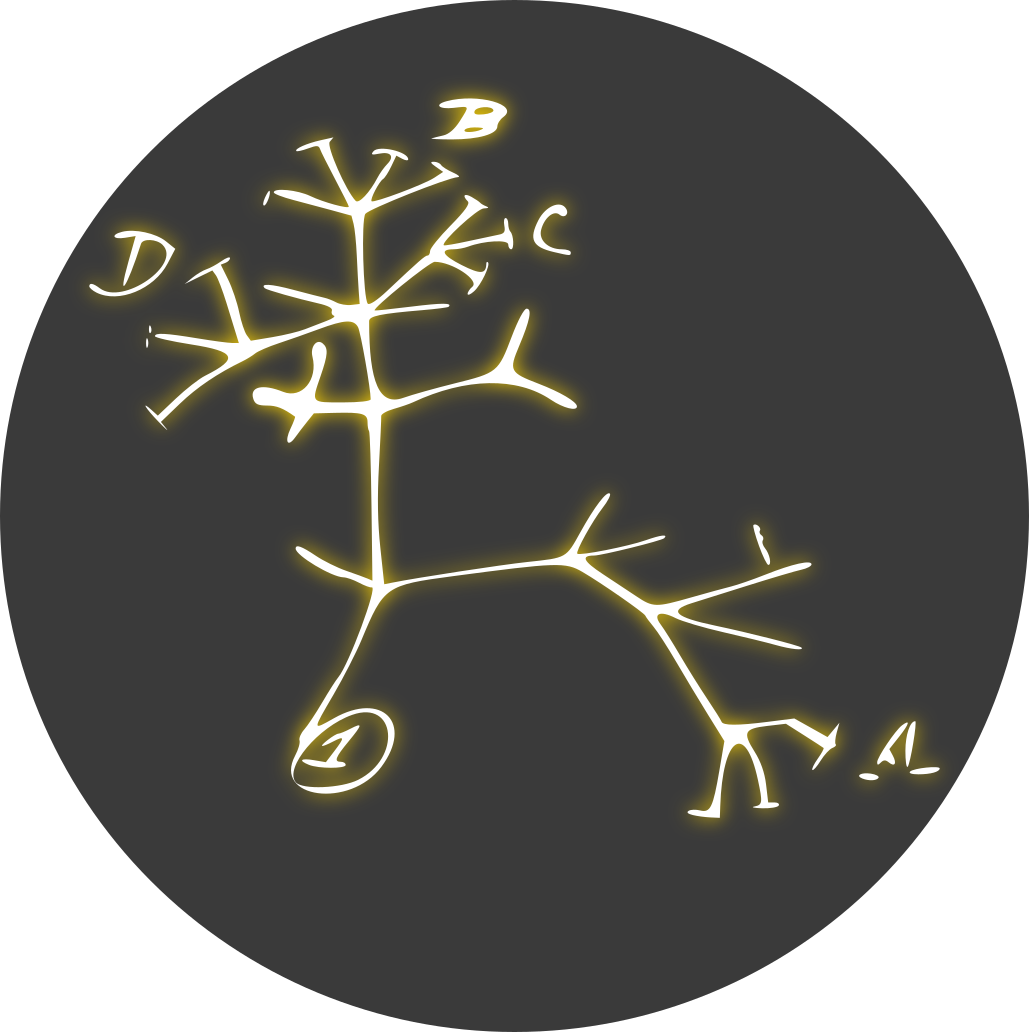- cross-posted to:
- [email protected]
- [email protected]
- [email protected]
- cross-posted to:
- [email protected]
- [email protected]
- [email protected]
First, it needs to be clear that what happened was the growth of kidneys in pig embryos. This has not gotten to the point of full sized organs in a pig that’s viable.
Second, this is a single step along the much more difficult path to growing human or humanized organs in pigs. While it is pretty damn huge news within that research, it’s nothing we’re likely to see turn into a patient available technology any time in the next twenty years.
What they did was find a way to get a pig embryo to grow kidneys that are humanized. This means that they’re mostly human cells, but not entirely. Vascular cells in particular remain porcine.
They did this by erasing the genes for kidney formation from the original cells, then inserting human cells. Without the code to grow its own kidneys, the embryo doesn’t block the attempts of the human cells to do so. They then fill that role.
The embryos are then harvested and examined, and we get the data filtered through the science writers. Alas, even the Guardian uses flashy headlines, so it looks like something other than what it is.
The real headline should be something like “key step in research towards growing human transplantable organs in animals achieved.” And it is a key step. But it’s maybe step 10/100+
Prof Dusko Ilic, a stem cell scientist at King’s College London, who was not involved in the research, described the work as pioneering but said any clinical applications would not happen in the foreseeable future. “As the authors admitted, there are plenty of challenges,” he said. “Will this approach prove to be the ultimate solution? Only time holds the answer.”
Jesus…
No, science
More like torture and suffering of sentient beings. It’s some fucking Mengele shit.
In what way is it torture and suffering, do explain. Research animals almost without exception have better quality of life than industrial farms.
Well that’s an excessively low bar.
On industrial farms there is zero quality of life so it’s not exactly a high bar…
How are we getting these organs out? Killing them and then removing them? Or are we going to grow clusters and cut them out when needed?
It sounds like a dystopian nightmare to me.
They perform exactly the same function in the animals as they do for us, so they grow in the same location. Yes the animals would be butchered in the removal process. Why is that any more dystopian than killing them at a butcher?
I think both show a fundamental lack of empathy for any living thing other than humans.
So essentially no worse than the factory farms of today, you admit. Except, this one actually saves lives.
So we’re making pigoons.
deleted by creator
How can anyone approve this. I mean I understand we test medication on animals with the goal of helping thousands or more people. But this is just unethical and indefensible.
It would be pretty cool to have spare organs that don’t require human donors.
There are a lot of things that would be “pretty cool” as long as we don’t worry about the suffering they inflict. I mean, in a sense, factory farms are pretty cool in their level of technical sophistication and efficiency of converting grain and energy into meat. The accomplishments of breeding to generate chickens with breasts so large they can’t stand up or procreate without intervention, and grow so fast their skeletons can’t keep up with their weight are amazing. The density of animals we can grow while keeping loses to disease acceptably low with antibiotics is also remarkable.
And yet, all of these things that are “pretty cool” are also horrendous on a scale that is difficult to comprehend. Raising an intelligent animal like a pig just to harvest its heart for a human might be an ethical trade-off you’re comfortable with - and given our treatment of animals for food I’ve no doubt that it’s one society at large is fine with. If my own parent needed a heart transplant, I would likely have a hard time saying no if this were available. But from a Rawlsian perspective, thinking in advance, I don’t think this is something we should be doing.
You know, it would also be pretty cool to have some kind of animal that could perform human-level tasks and ideally could understand human language. Maybe we could distinguish them from people based on some superficial physical characteristic like skin color 🤔
deleted by creator





